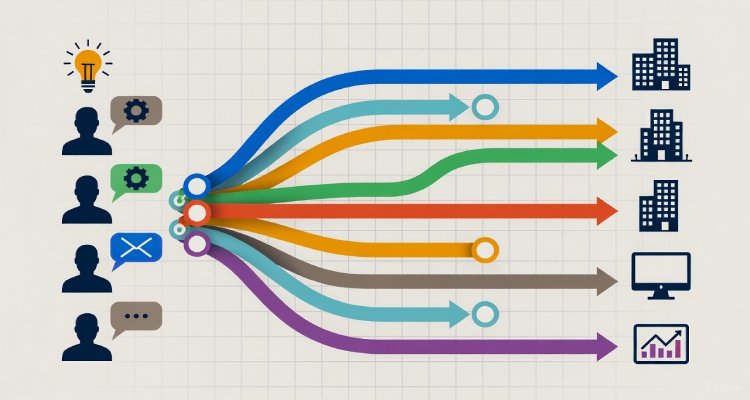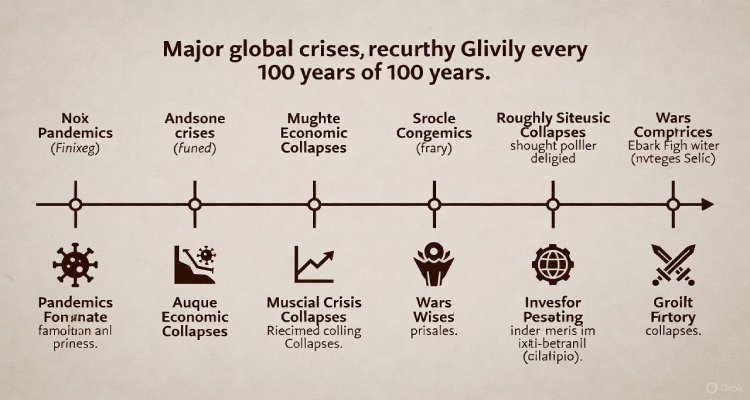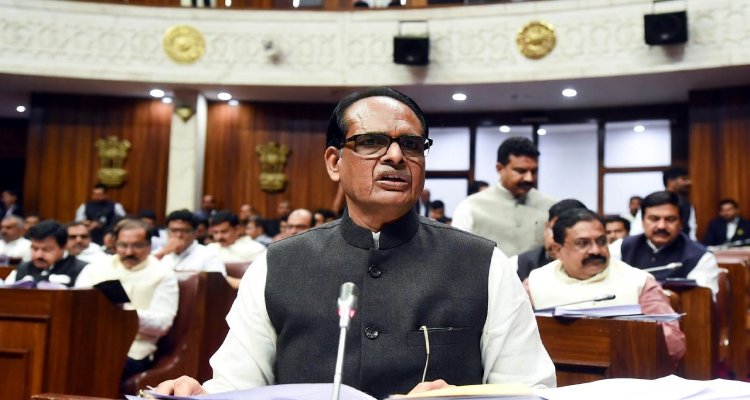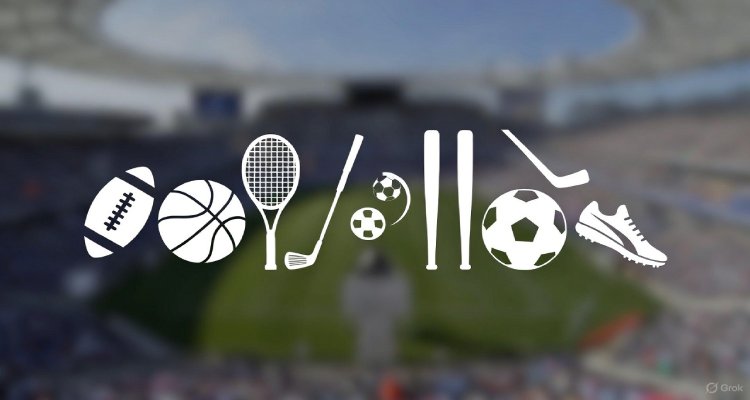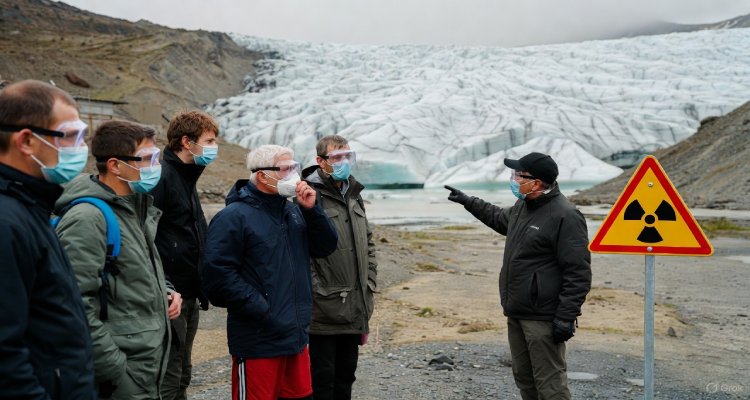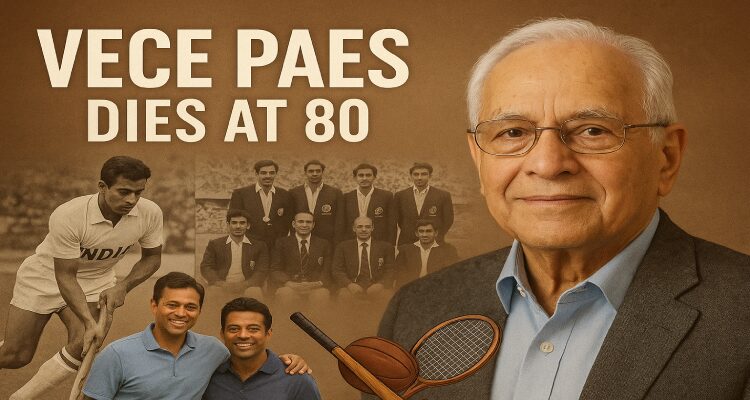Vece Paes, Olympic Bronze Medallist and Sports Medicine Pioneer, Dies at 80
Dr. Vece Paes, 1972 Olympic hockey bronze medallist and father of tennis icon Leander Paes, dies at 80. His legacy spans multiple sports and sports medicine.
A Sporting Pillar Passes Away
Indian sports lost one of its most respected figures on August 14, as Dr. Vece Paes — a former Olympic bronze medallist in hockey, multi-sport athlete, and pioneering sports medicine doctor — passed away in Kolkata at the age of 80. His remarkable career straddled both the playing field and the medical arena, leaving an indelible mark on generations of athletes.
From Hockey Fields to Olympic Glory
Dr. Paes was a midfielder in the Indian men’s hockey team that secured the bronze medal at the 1972 Munich Olympics. Known for his agility, vision, and tactical awareness, he was a key part of an era when Indian hockey was still among the most feared in the world.
But hockey was only one of the arenas where Paes excelled. His sporting versatility extended to football, cricket, and rugby. Between 1996 and 2002, he served as president of the Indian Rugby Football Union, championing the sport’s development at a time when it received little mainstream attention.
Championing Athlete Health
Beyond his prowess as a player, Dr. Paes was a pioneer in sports medicine. As a trained medical professional, he served as a consultant to some of India’s most prestigious sports bodies, including the Asian Cricket Council, the Board of Control for Cricket in India (BCCI), and the Indian Davis Cup team.
His work was instrumental in introducing modern fitness, recovery, and injury management protocols to Indian sports. Athletes who trained under his guidance often credited him with extending their careers and improving their performance.
A Sporting Legacy in the Family
Dr. Paes’s influence extended beyond his own career through his son, Leander Paes — widely regarded as India’s most successful tennis player. Leander’s record includes 18 Grand Slam titles (eight in men’s doubles and ten in mixed doubles) and an iconic men’s singles bronze medal at the 1996 Atlanta Olympics.
In interviews over the years, Leander often spoke about how his father’s discipline, multi-sport mindset, and medical expertise shaped his own approach to fitness and competition.
Tributes Pour In
The news of Dr. Paes’s passing sparked tributes from across India’s sporting community. Former hockey teammate Ashok Kumar, son of hockey legend Dhyan Chand, called Paes “a man who embodied the spirit of Indian sport — versatile, disciplined, and deeply committed to athlete welfare.”
Sports medicine specialists hailed him as a “foundational figure” in the field. “Dr. Paes brought a rare blend of medical knowledge and athlete experience,” said Dr. Arvind Menon, a leading physiotherapist who worked with the BCCI. “He bridged the gap between theory and practice, something few have achieved.”
Impact and Future Generations
Dr. Paes’s passing leaves a gap not only in India’s hockey history but also in its sports science ecosystem. His contributions to athlete health management continue to inform how Indian teams prepare for high-level competition.
Sports historians believe his life’s work will inspire future athletes to embrace multi-sport participation and medical awareness. His story stands as proof that a sports career doesn’t have to end when the playing days are over — it can evolve into mentorship, administration, and innovation.
Remembering Vece Paes
As India reflects on Dr. Vece Paes’s legacy, his life stands as a blueprint for how one can contribute to sport in multiple ways: as a player, an administrator, a doctor, and a mentor. In the words of one former teammate, “He was the complete sportsman — in mind, body, and spirit.”
Disclaimer: This article is based on publicly available information and aims to honor the life and achievements of Dr. Vece Paes.

